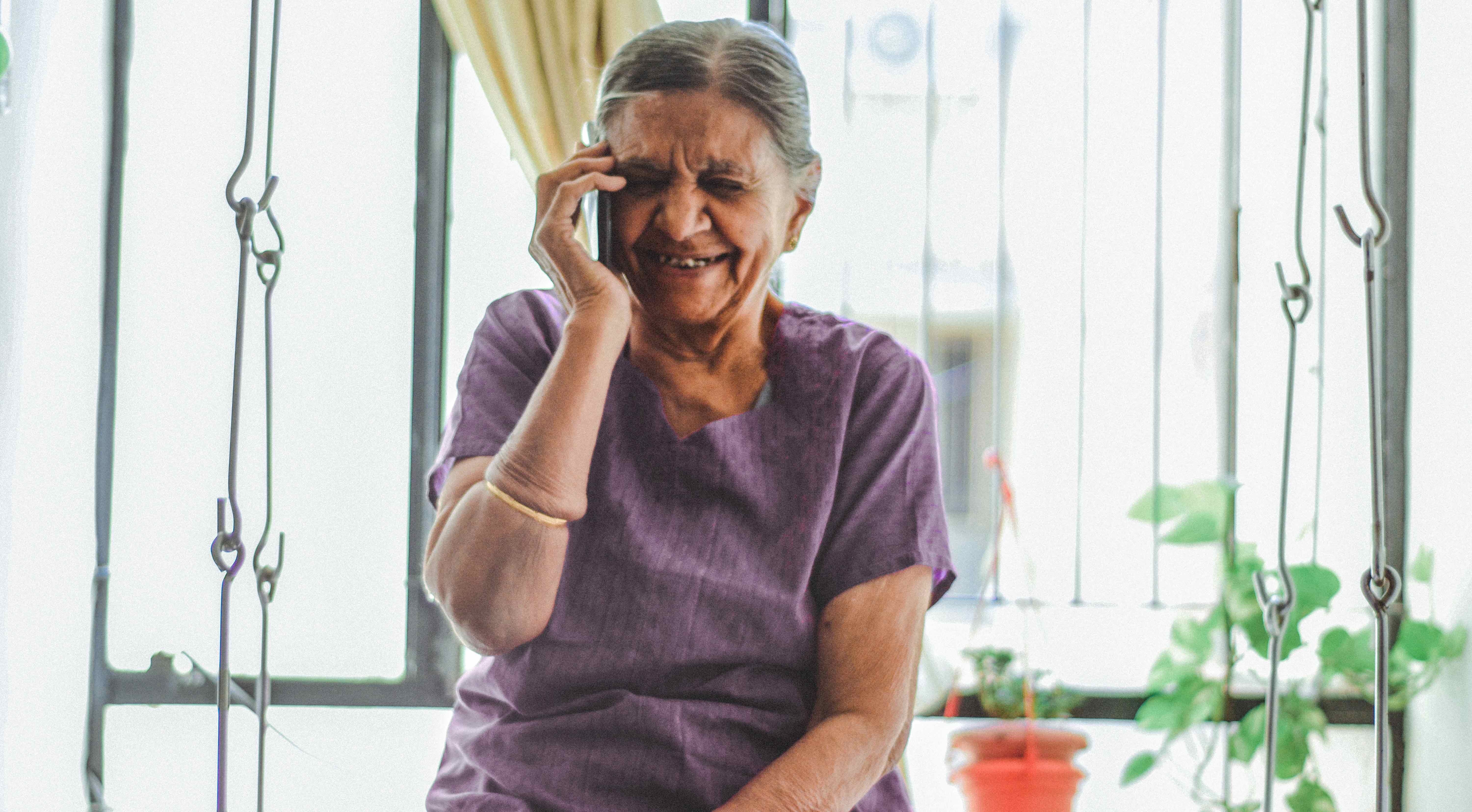Coronavirus and our mental wellbeing

This is an anxious time for everybody. You may have many worries about what you should be doing right now or what the future will hold. Coping with uncertainty is difficult and it is important to find practical ways to protect our physical health and support our mental wellbeing.
Quick links
Taking control of how we look after ourselves and others can have a powerful impact on our mental health.
Its also important to only use reputable sources such as our website or the NHS for your information and control how often you check the news – turn off notifications if you have to.
Try the Five Ways to Wellbeing
The Five Ways to Wellbeing are daily acts that can benefit our mental health and wellbeing, we can all adapt them to our circumstances, especially for those of us who may be self-isolating.
1. Connect
Having a strong support network can help you through difficult times in life and can combat feelings of loneliness or isolation.
It’s important to keep in touch with family and friends and you can do this through telephoning them or using apps such as Skype where you can see the person that you are talking to and you can add people on the call. This can help you to feel close to them even if you can’t be with them.
If you are working from home – check in with your colleagues regularly to see how they are doing
2. Be Active
Being physically active is an excellent way of developing our mental wellbeing and can be something we can do to boost our mood even when self-isolating.
There are plenty of things that you can do from doing an online workout, the NHS fitness studio has some good ones that ranges from aerobics to yoga and everything in between!
Don’t forget anything that makes you slightly breathless counts so you could clean the house or car or wash windows - it all counts!
Check out Active Leicester on Facebook and Twitter for more exercise at home ideas.
3. Take notice
Taking notice reminds us to look at the small things in life, proven to improve our mental wellbeing.
This may feel like a difficult task if you are isolated, and have been for a long time; but you could try practicing mindfulness – this is where become more aware of what you are feeling and doing at that moment in time and it can give you more of an appreciation for things you have previously taken for granted. You could make a list of things you are thankful for each day, no matter how small.
Be mindful in watching the news – if constant updates are making you feel more anxious, take time away from social media or TV. Turn off notifications if you have to.
You can find out about mindfulness at NHS.UK.
4. Learn
Learning new things throughout our lives, no matter how old we are, is great for improving our self-esteem.
You could do something different learn a new skill or read a new genre of book or become a crossword ace!
There are lots of online resources that can help you – try the Open University website for free online courses.
5. Give
We know that people who volunteer their time in some way are much more likely to rate themselves as happy and feel more connected to their community. Now more than ever, acts of kindness can go a long way, in helping ourselves and others.
If you aren’t self isolating maybe you could help your neighbours or friends who are - helping others can make us feel a bit more in control improve our wellbeing, and that of others.
Advice on alcohol consumption
In time of stress we may fall into bad habits like drinking excess alcohol, this can be counterproductive and negatively impact on our medical and physical health. For more information about how to reduce your drinking, and advice on who to talk to if you think your drinking is getting out of control please go to our alcohol advice page.
Further support
National support hotlines are still open during this time. If you feel as if you would like to speak to somebody, please call the Samaritans on 116 123, or see our list of resources to support you.
NHS helpline
The NHS have recently introduced a local helpline for mental health information: 0116 295 3060. On this number, you will be able to speak to a medical professional who can advise and support you. This number is open 24 hours a day.